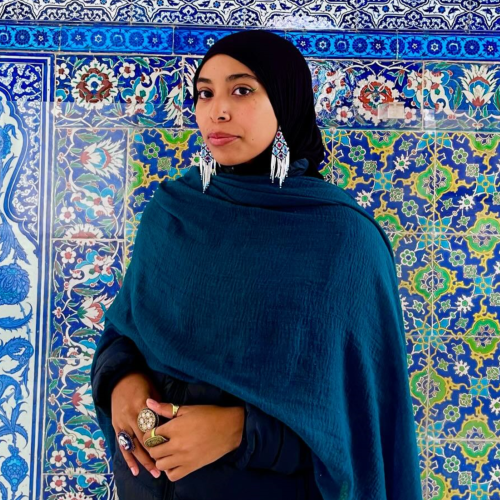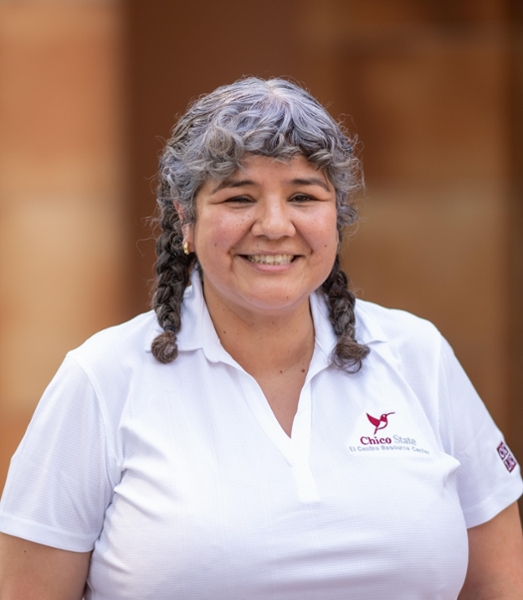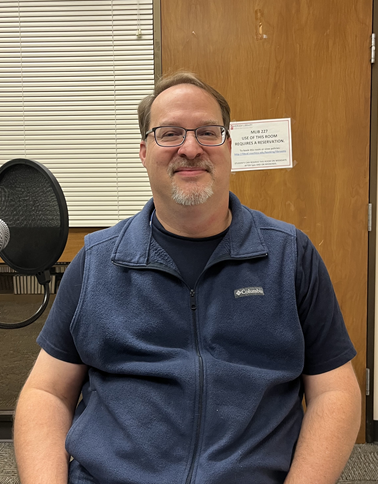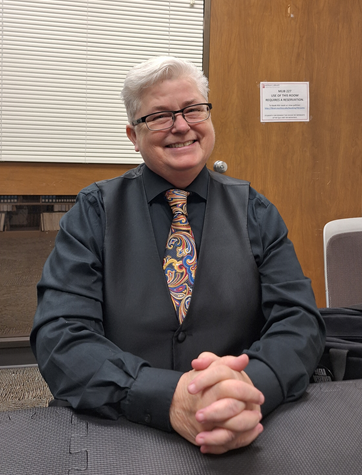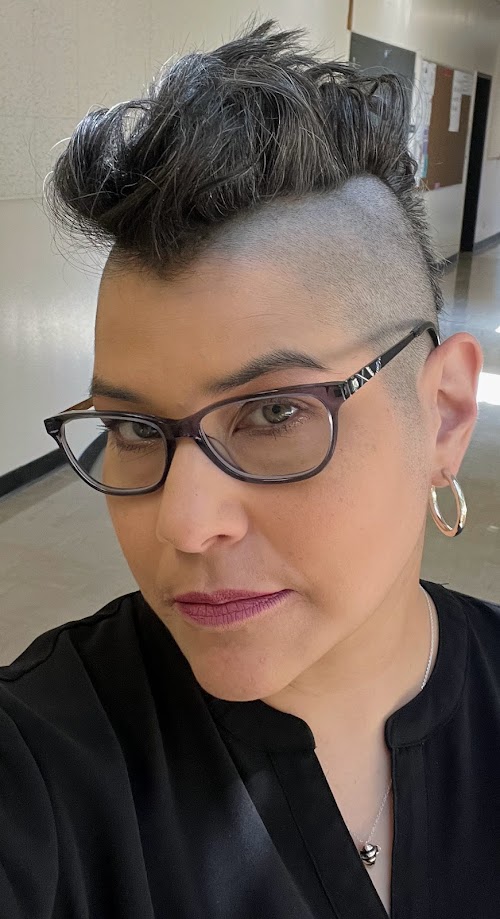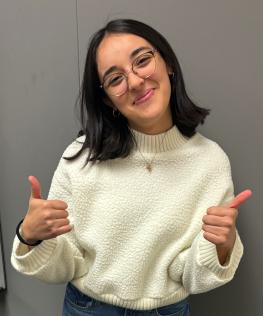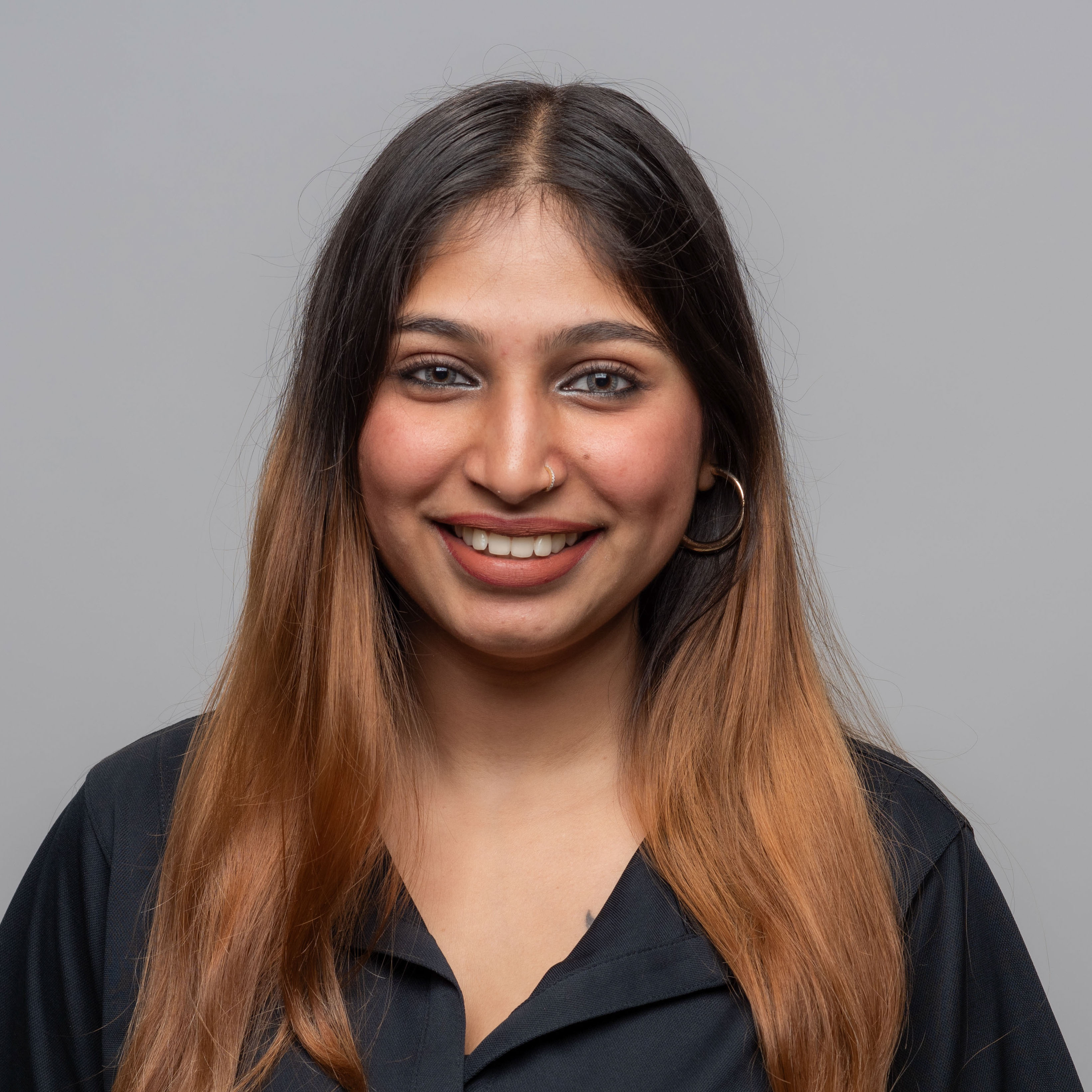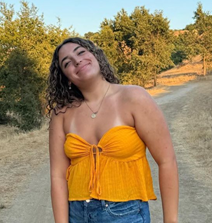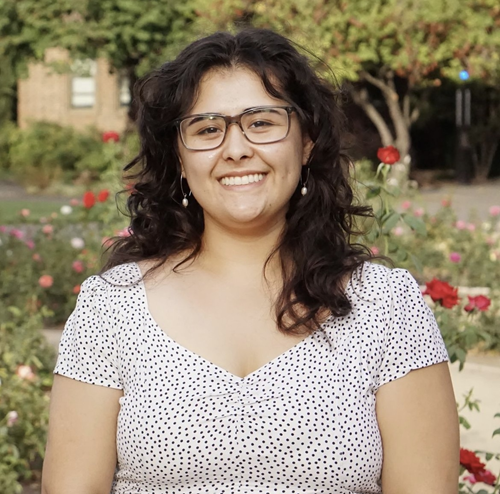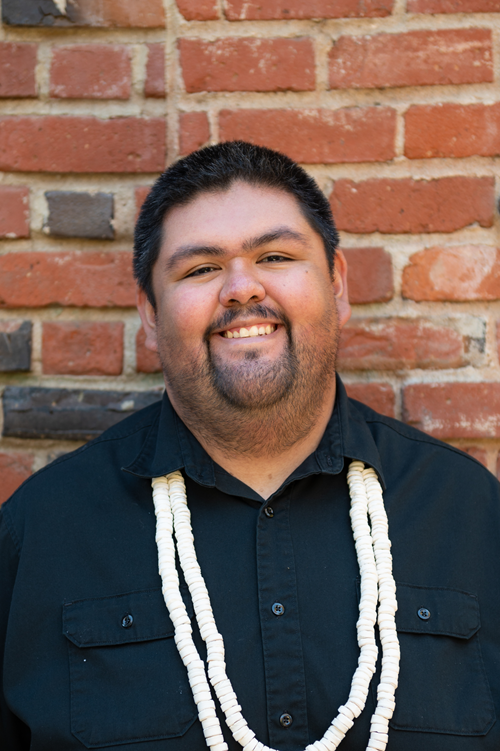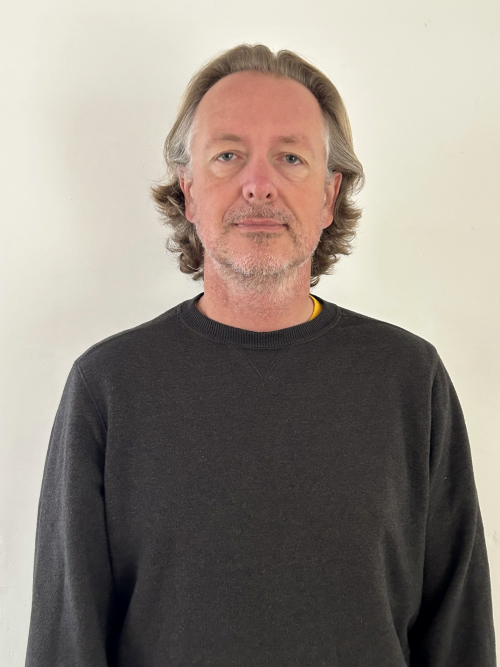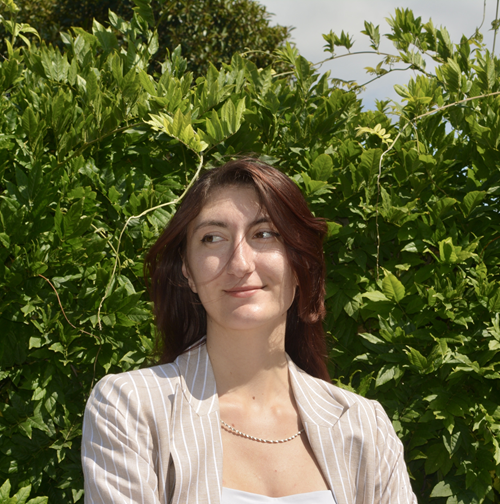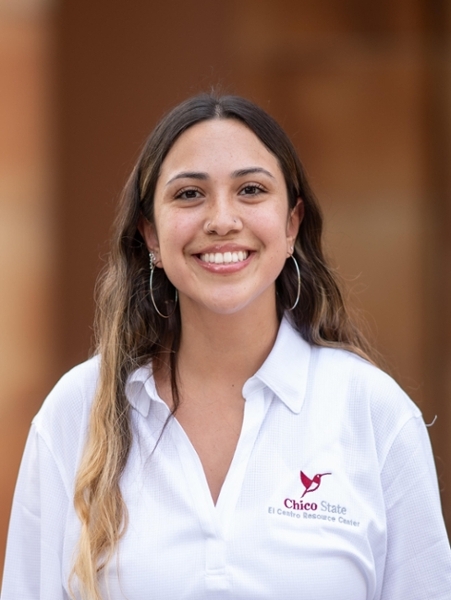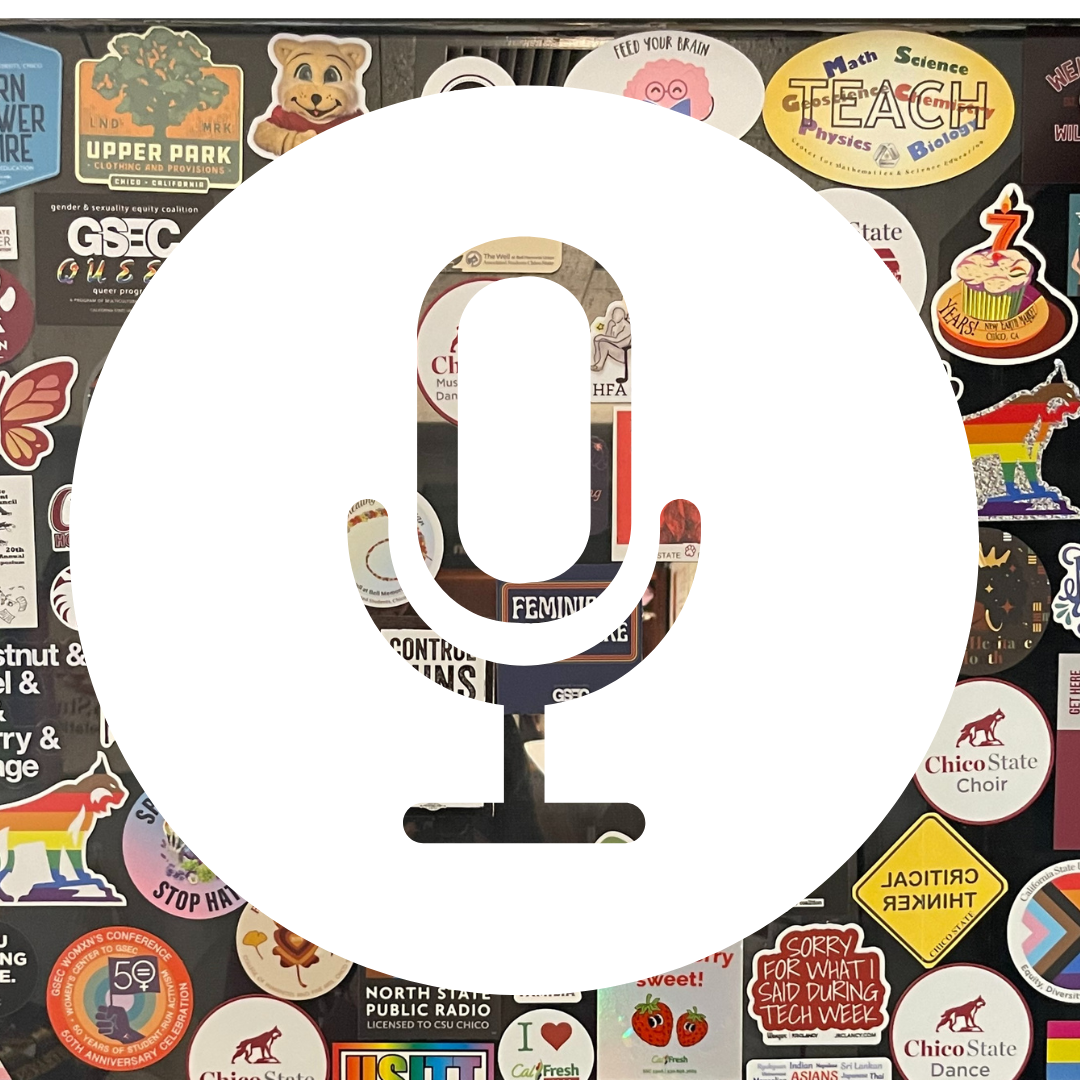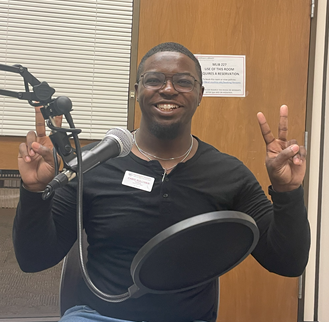Browse
Preserving Chico State Voices for Change is an oral history project that aims to archive and narrate the history of community activism at Chico State. Chico State has a long history of student-led projects and protests that address current social, cultural, political, and ecological issues that are of immediate concern to their communities. This project amplifies the voices of those at Chico State who have challenged injustice and inequality as it arises. Interviews include the stories of students, faculty, staff, and alumni who participated in this project in Fall 2024, in an course led by Dr. Gloria Lopez.
